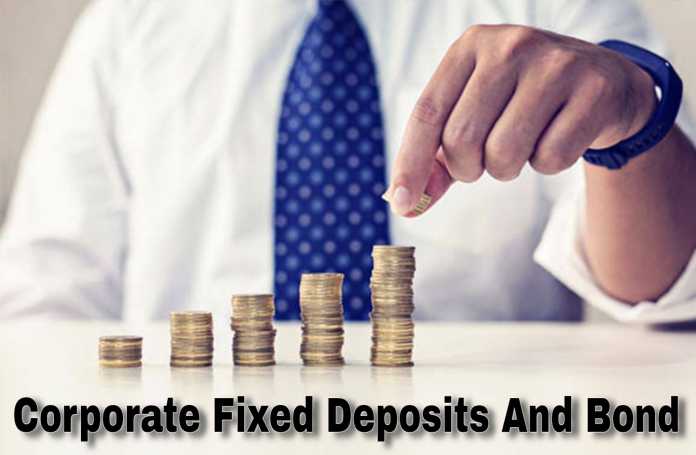You must be familiar with the concept of fixed income investment and deposits. But do you know what corporate fixed income deposits are?
Corporate fixed income investments are securities in which investors lend money to companies for a certain period of time in exchange for regular interest charges and the return of the principal at maturity. Corporate or company deposits are preferred by investors as corporate fixed income investment plans provided by businesses and NBFCs (Non-Banking Financial Companies).
Corporate fixed income investments offered by companies and NBFCs (Non-Banking Financial Companies) are popular among investors as corporate or company deposits. Instead of early stage corporations, the businesses that issue fixed income securities are often mature and established firms. Companies can support their operations and their expansion plans by issuing fixed income securities, such as corporate fixed deposits and bonds.
At Rurash, we offer thoroughly researched guidance on fixed income investments. We make sure that our clients’ money is only invested in bonds with AAA or A credit ratings from recognised credit rating agencies as the leading investment firm with UHNI and NRI portfolios.
Benefits of corporate Fixed income investments
- Compared to bank FDs, corporate fixed investments provided by corporations and HFCs give a higher rate of interest.
- Investors don’t need to worry because their deposits are secured for a predetermined period of time, during which they can select any non-cumulative interest payout.
- Another option is to borrow up to 75% of the value of a corporate fixed deposit for an emergency.
- Premature withdrawal in a corporate fixed deposit enables depositors to withdraw their funds and close the account prior to the term’s expiration.
How to get amazing returns over corporate fixed deposits and bonds?
Make an investment plan: You won’t get substantial profits from investing in FDs and bonds on their own because you’ll also need to know how to manage your money. You should consider reinvesting when your deposit matures, especially because many financial institutions provide higher FD interest rates when you renew your fund.
Compare the interest rates provided by various businesses: Before going with a particular FD or bond, it is better to compare the interest offers that other companies are offering. Each lender offers a different rate of interest on FDs and bonds to their customer. Your goal should be to select the one that will provide you with the best return on your investment.
Choose bonds and FDs with tax benefit: Choose investments that offer you a larger return and greater tax savings from those that offer you a tax benefit. You can receive two different types of tax benefits. The first one is covered by the Income Tax Act of 1961 Section 80c. The investment is subtracted from the overall income, which is limited to Rs 1.5 lakhs, under this provision. The second one gives the investor a direct advantage in the shape of a tax break on any interest or return they receive from their investments.
Be punctual when submitting your taxes: It’s important to file your returns on schedule and to stay current with changes and modifications to tax laws and returns.
Conclusion
For greater profits, Fixed Income Investment Plans in India can be the best option. People may learn which company is providing the best fixed deposit returns by doing a little research. Bonds, on the other hand, are a class of debt instruments that entail little risk.
Corporate fixed deposits and bonds are incredibly alluring to income earners because it offers the perfect balance of high and low risks. They also provide you a better yield than bank FDs and the security of a fixed-incorewards me product.








